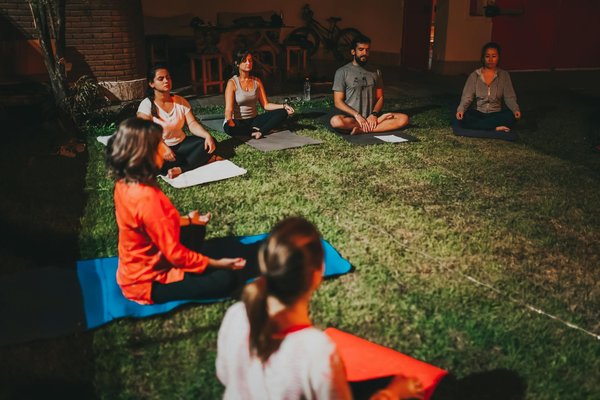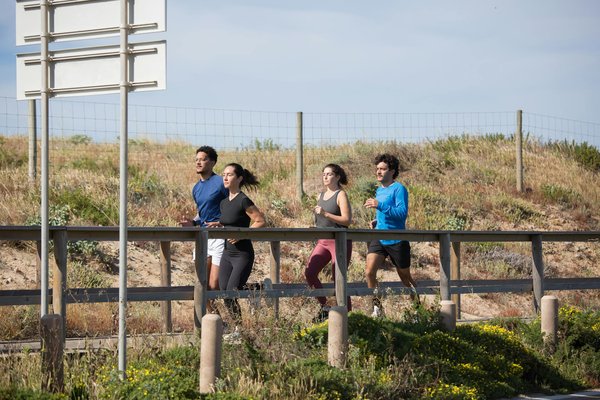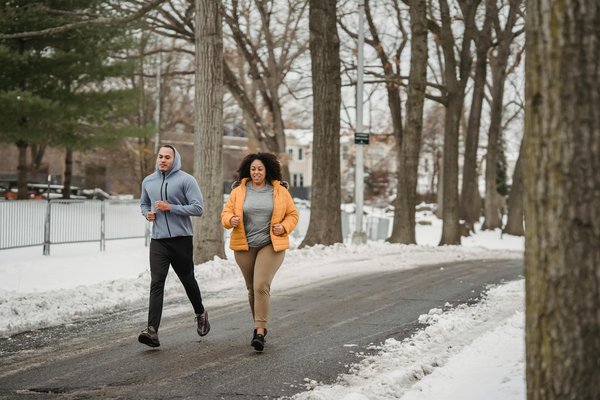Understanding Your Hormones and Health
EJ Endocrinology delivers expert-reviewed articles and resources about hormonal health, metabolic conditions, and endocrine wellness. Discover evidence-based information to help you navigate thyroid disorders, diabetes, reproductive health, and more.

Explore Endocrine Health Topics
Browse our comprehensive collection of articles across key health areas
Disease
Diseases, symptoms and treatments
Health
Health advice and prevention
News
Health and medical news
Pregnancy
Pregnancy, maternity and baby
Professionals
Healthcare professionals
Seniors
Senior health and wellbeing
Slimness
Diets, weight loss and nutrition
Wellness
Wellbeing and life balance
What Our Readers Say
Real feedback from our community of informed health enthusiasts

The articles on thyroid health helped me understand my diagnosis so much better. The explanations are clear without being oversimplified, and I finally feel informed about my treatment options.

As someone managing type 2 diabetes, I appreciate the depth and accuracy of the content here. The guides are practical and the research summaries keep me updated on new developments in the field.

I discovered this site while researching PCOS and pregnancy. The articles are incredibly thorough and helped me have more informed conversations with my endocrinologist. A fantastic resource!
Latest articles
Our recent publications

Find your ultimate comfort during periods with menstrual discs
Did you know that 73% of people who menstruate experience significant discomfort during their periods, according to rece...

How is the UK advancing in mental health treatment for children?
Recent UK child mental health policy emphasizes expanding access to timely support for children struggling with mental h...

How is the UK supporting healthcare professionals in reducing burnout?
The UK government healthcare policies target burnout by emphasizing both immediate support and long-term workforce resil...

What Factors Contribute to the Spread of Diseases in the UK?
Understanding the factors of disease spread is essential for controlling infections nationwide. In the UK, causes of dis...

How Can Living in the UK Influence Your Health Choices?
Understanding UK health determinants is essential to grasp why lifestyle choices are shaped as they are. The UK's food c...

How can the UK better integrate mental health services into primary care?
The integration of mental health services within UK primary care has notably advanced in recent years, aligning closely ...

Unlock comfort: discover the benefits of leg relief pro
Leg Relief Pro offers a drug-free solution to ease leg discomfort by boosting circulation through electrical muscle stim...

What Are the Latest Challenges Facing UK Health Services?
Recent years have seen an ongoing NHS funding crisis that challenges the sustainability of health services across the UK...

How Can New Health Policies Impact the UK's Economy?
Understanding the health policy impact on the UK economy involves examining recent changes aimed at improving healthcare...

How Does the NHS Tackle the Rising Stress Levels Among Healthcare Workers?
...

What Are the Health Policies Recently Introduced in the UK?
The UK health policy updates have seen significant development in recent months, reflecting an emphasis on improving pub...

How Can UK Health Professionals Navigate Changing Policies?
Staying adept in times of change...

How Do UK Health Professionals Balance Work and Continuing Education?
Balancing work-life balance for health professionals with ongoing education is a complex challenge. Common strategies in...

What Are the Most Common Career Challenges for UK Health Professionals?
UK health professionals face significant career challenges that strain both individuals and the system. A key issue is t...

How can seniors in the UK improve their cognitive health?
Supporting cognitive health improvement in elderly UK seniors requires strategies backed by solid research. Brain exerci...

What are the benefits of mental health support for seniors in the UK?
Supporting mental health in older adults UK is crucial for fostering emotional well-being. The mental health support ben...

What Are the Most Effective Exercise Routines for Senior Health?
When designing exercise routines for seniors, focusing on the four core exercise types is crucial. These include strengt...

How Can Lifestyle Changes in the UK Lead to Healthier Slimness?
Adopting sustainable habits is key to achieving and maintaining a healthy weight loss UK goal. Rapid diet fixes often fa...

How Does Culture Influence Our Perception of Slimness in the UK?
In the UK, cultural norms around body image have been deeply influenced by a long history of British beauty standards th...

How Does the UK Approach to Slimness Differ from Global Strategies?
The UK approach to slimness is anchored in a comprehensive, national strategy that prioritizes public health through coo...

Everyday snus uses: unlocking the benefits of discreet pouches
Tobacco-free pouches are transforming daily nicotine consumption with their discreet convenience and premium quality. Re...

How Can UK Citizens Improve Their Mental Health Through Simple Lifestyle Changes?
Small, consistent changes in daily habits can significantly improve mental health in a busy UK lifestyle. Incorporating ...

Reclaim your calm: strategies to manage anxiety and panic
According to the Anxiety and Depression Association of America, anxiety disorders affect 40 million adults yearly, yet o...

Transform your life with effective central london therapy
In the heart of the city, central London therapy offers a powerful opportunity to create meaningful and lasting change. ...

What are the best UK practices for corporate wellness programs?
Creating effective UK corporate wellness best practices begins with prioritising both physical and mental health in prog...

What is the impact of nutrition education on UK wellness?
Nutrition education UK initiatives have played a pivotal role in shaping public health outcomes across the country. Prog...
Stay Informed About Endocrine Health
Explore hundreds of articles covering thyroid disorders, diabetes, hormonal imbalances, metabolic health, and more. Get the information you need to understand your health better.
Rejoindre →